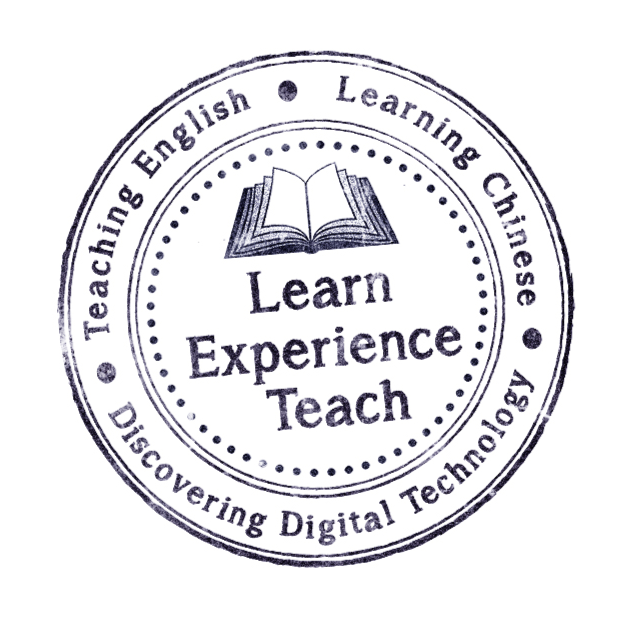
Participation is the ways in which individuals engage in activity: “We have observed that the early appearance of one or more participants performing social behaviours will impact on the longer-term development of a supportive culture for the life of the community” (Galley et. al, 2012, p10). The instructor is the main, active moderator in an online community, but there is also a place for other motivated participants to become facilitators. In regards my Masters experience, we were a small, cosy group of 6 students, who tried our best to be available to contribute to online discussions. We were all spread across time zones so it was convenient to access our Forum at a time and place that suited us. I recall that at different times, different classmates took the lead on discussions, peer-to-peer learning was encouraged and our tutors helped to focus our reflections towards deeper thinking.
In terms of participation, a successful community will:
- move between social and productive or working activity
- develop or utilise a social structure where some participants will adopt a series of social and facilitative roles
- demonstrate patterns of activity that include pockets of rapid and energised engagement
- be sustained long enough for the reason for coming together to be completed or resolved
(Galley et. al, 2012)
From this I understand that interpersonal and frequent social interaction between learners and the instructor leads to participant satisfaction. This reminds me of my time on COLT (International House‘s Certificate in Online Tutoring) where we focused heavily the GTKY (Getting to Know You) period at the beginning of the course. We found that the stronger the ties made between students, as well as between the students and tutors at the beginning of the course, the better the foundation for future cooperation and collaboration.
From COLT I now think of my time studying on the TECW module – Technology-Enhanced Creative Writing. (It was here that we shook off our ‘teacher’ cloaks and become fully-fledged writers!) First our tutor lead the meetings, modelling the behaviour required to orchestrate debates around a chosen topic. And then we rotated the role of leader between us, the students, everyone having an equal chance to express themselves.
Finally, I think time needs to be strongly considered in terms of building online community – as in there needs to be a clear and finite end! An end date gives something to focus on and, I think, almost encourages more active participation with knowing that the experience will come to a close soon!
To sum these reflections up, if I were to go about building and maintaining a successful online community of learners, then an extended series of GTKY activities, not only for the instructor to get to know the participants but also for the participants to get to know each other, would be the initial main focus. Next, as the lead instructor, I would want to facilitate peer-peer learning and correction amongst the group members and make sure I give participants the chance to take the lead. I think that if everyone has a role and feels part of something, the time/energy investment made would feed back into the community, keeping it alive and healthy. Having a clear end time/date to work towards would boost participation, too. The prediction is that together these actions would lead to periods of intense engagement, times where deep learning is most likely to occur.
Sources
Galley, R., Conole, G. & Alevizou, P. (2012). Community Indicators: A framework for observing and supporting community activity on Cloudworks. Interactive Learning Environments, 22(3), 373-395
